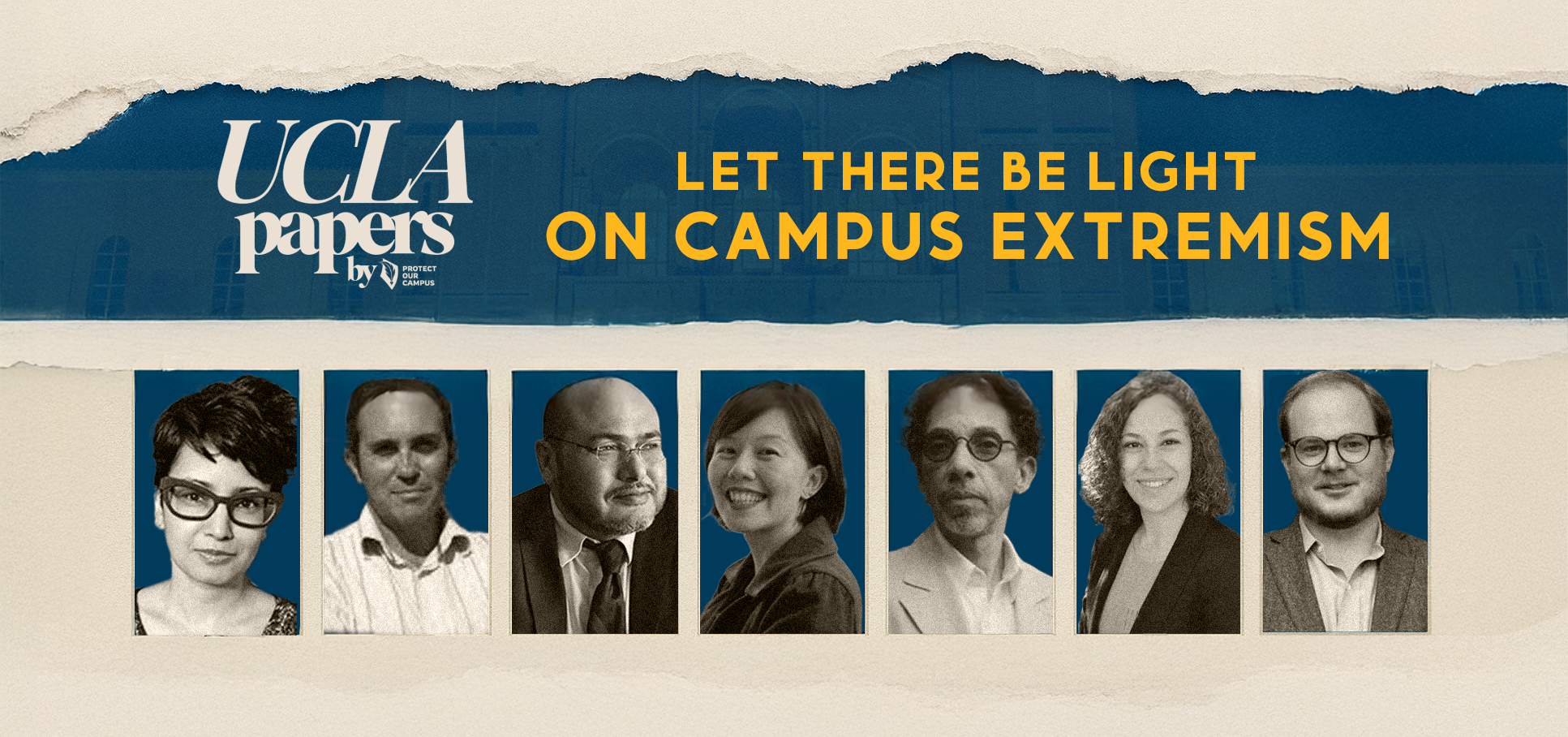
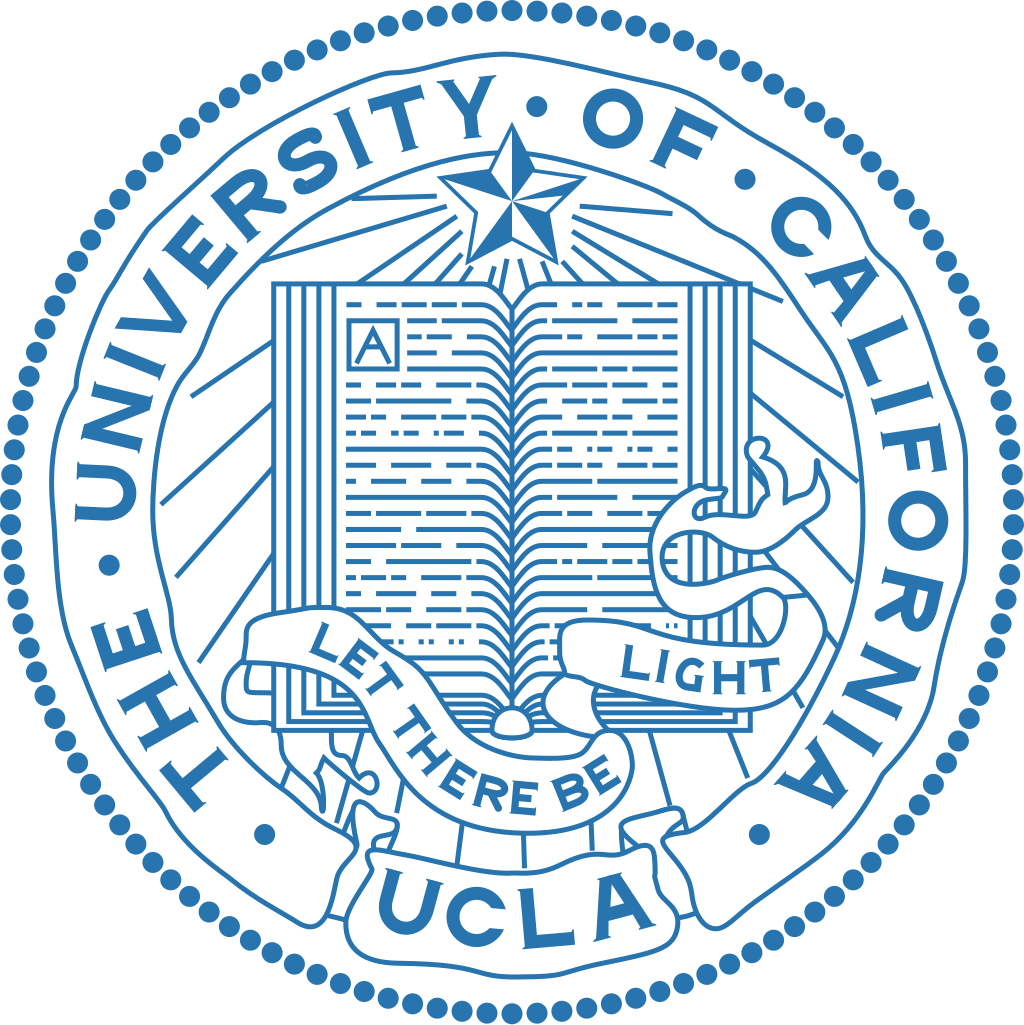
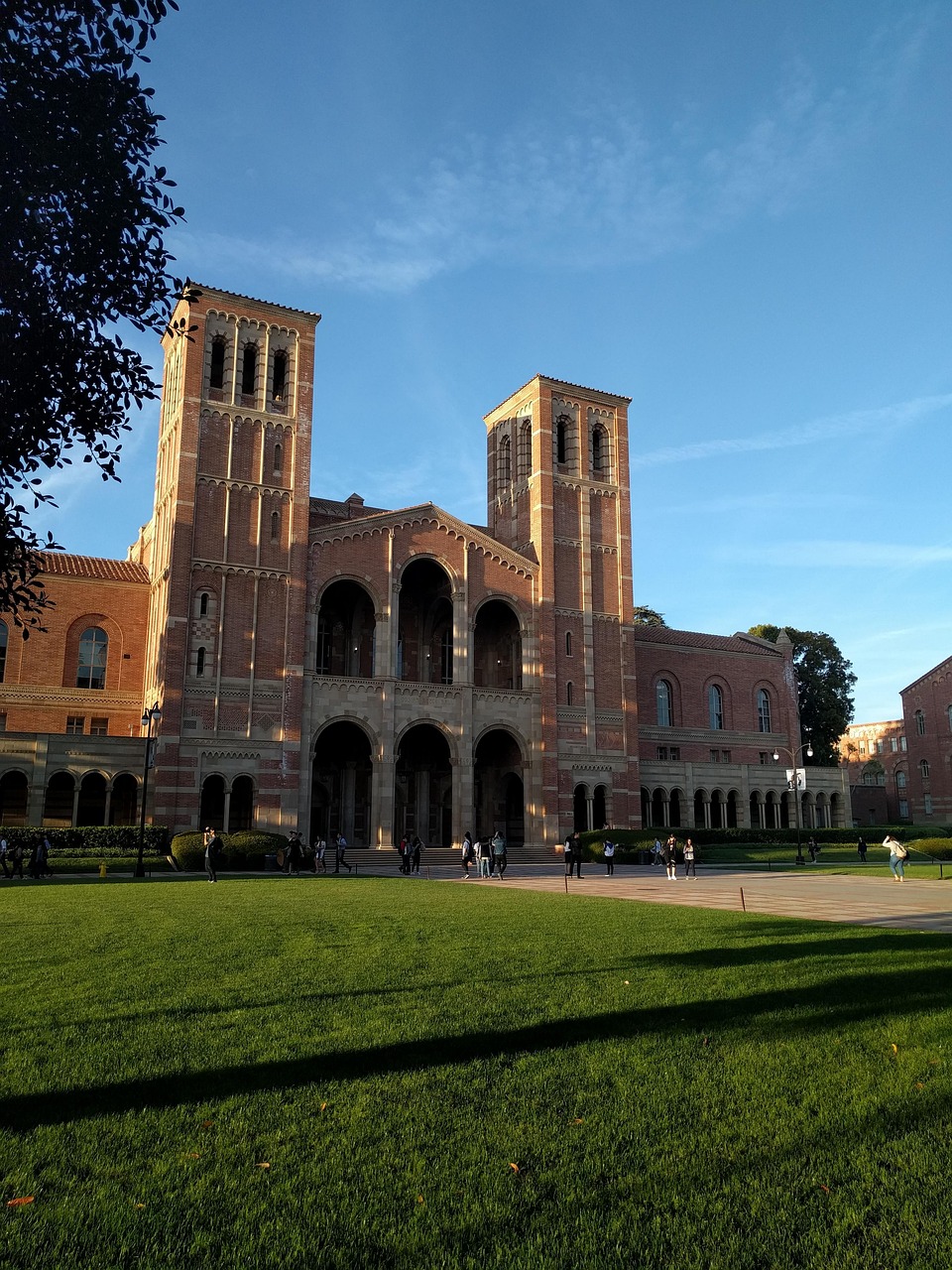
Over the Edge
The University of California, Los Angeles (UCLA) has been pushed over the edge in the past two years. A campus once renowned for its NCAA dominance and its groundbreaking research in fields like biomedical engineering, neuroscience and AI has become synonymous with chaos and disorder.
While on the surface, it may appear that it’s UCLA’s student body that is front and center of the division, hate and extremism on campus, however, they are merely sparks being ignited by administrative inaction and faculty members who are leveraging their position to spread radical ideologies, promote antisemitism and the glorification of US-designated terrorist organizations. It is their actions that have jeopardized the integrity, unity and safety of UCLA. These violations of professional ethics are not protected under the banner of academic freedoms.
Their time for facing consequences is now
The Instigators
On January 20, 2025, United States President Donald Trump issued two executive orders. One was titled “Protecting the United States from Foreign Terrorist and Other National Security and Public Safety Threats,” signaling a major escalation in the federal government’s effort to combat extremist ideologies within American institutions. The order empowers authorities to identify and deport foreign nationals who glorify terrorism or incite societal unrest. The second Executive Order is on combatting antisemitism, which takes aim at all extremists including tenured professors—who use their academic positions to promote pro-terror rhetoric, spread antisemitic conspiracies, or incite hostility on campus.
Under the Trump administration’s sweeping push to eradicate antisemitism and restore safety and accountability in higher education, citizen professors who promote or excuse terrorism may face disciplinary action, loss of institutional funding, internal investigations, or removal from their positions. No one is above scrutiny—and those who turn classrooms into platforms for radicalization will be held to account.

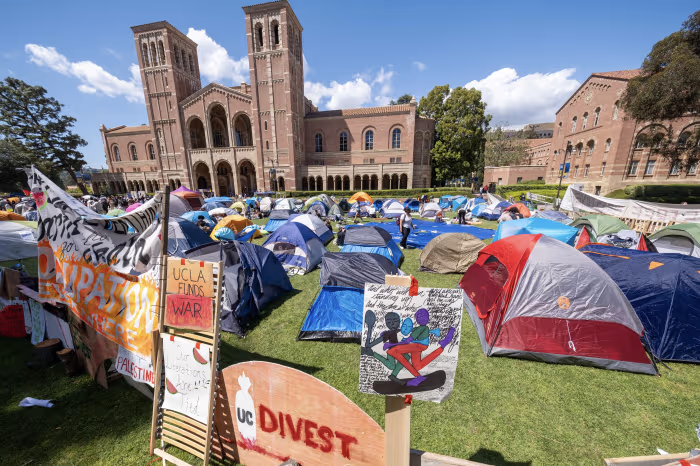
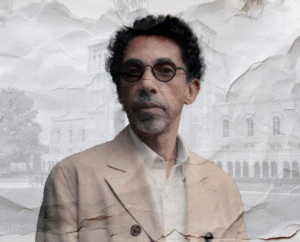
Robin Kelley
Distinguished Professor in UCLA’s Department of History, Robin D.G. Kelley has built a career not on academic inquiry, but on the active promotion of political extremism, glorification of terrorists, and propagation of conspiratorial, antisemitic rhetoric.
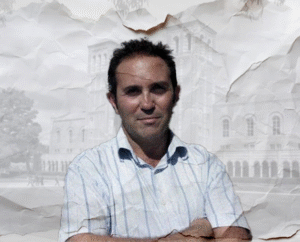
Saree Makdisi
Saree Makdisi, a professor of English and Comparative Literature at UCLA, has spent years leveraging his academic authority to advance deeply antisemitic narratives and providing intellectual cover for extremist movements. Drawing from ...
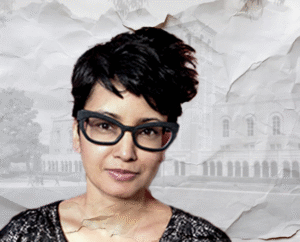
Yogita Goyal
Yogita Goyal, Professor in UCLA’s Department of English and African American Studies, has positioned herself at the forefront of UCLA’s radical protest movement, repeatedly using her academic standing to endorse antisemitic activism, glorify violent ...
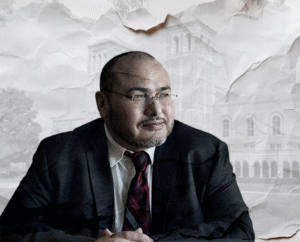
Khaled Abou El Fadl
Khaled Abou El Fadl, a Kuwaiti-born professor at UCLA School of Law and founder of the Institute for Advanced Usuli Studies, has emerged as a prominent academic voice for radical, antisemitic rhetoric and conspiracy-laden discourse...
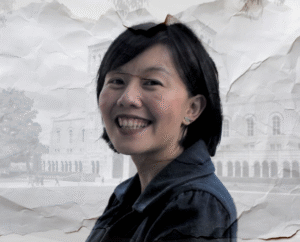
Koh Choon Hwee
Koh Choon Hwee, a lecturer in UCLA Department of History, has emerged as a deeply troubling presence in the academic landscape at UCLA—one whose public rhetoric, social media activity, and ideological affiliations point not to critical scholarship, ...
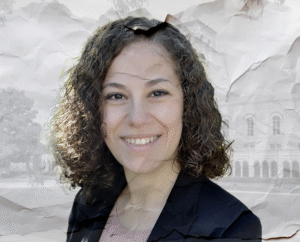
Nour Joudah
Nour Joudah Assistant Professor in UCLA Department of Asian American Studies, has become a prominent academic voice for radicalism, antisemitic propaganda, and the normalization of violence cloaked in the language of “decolonization” and “solidarity.”...
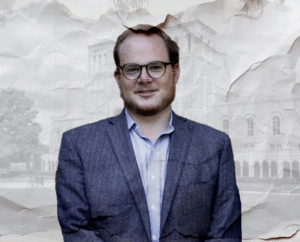
Graeme Blair
Graeme Blair, professor in UCLA’s Department of Political Science, has transformed from a faculty member into a full-time activist, embedding himself in UCLA’s most radical protest circles and providing academic cover for movements that glorify terrorism ...

Rising Antisemitism at UCLA
Following the horrific events of October 7, 2023, UCLA’s chapter of SJP organized numerous hate rallies in support of Hamas, the first being on the 8th of October. These initial protests planted the seeds of antisemitism and division, which would continously grow in the months that followed. The dire situation would come to a head on April 25, 2024, when extremist students and faculty set up an encampment, which would lead to violent clashes on May 1st and 2nd.

Damage to Public Property
The rise of terror glorification on campus has made graffiti homages to US-designated terrorist organizations like Hamas and Hezbollah, as well as individual terrorist like Yahyah Sinwar a common sight. Much of the tagging spotted on campus has also been antisemitic in nature, calling for Jewish ethnic cleansing in the form of slogans made popular by Hamas.

Extremism Favored Over Education
In less than two years, Pro Hamas protests have become an accepted facet of campus life, with a handful of professors joining in on the hate rallies and even more endorsing them. There have been numerous instances of professors cancelling classes and exams to attend protests, or at the very least giving out extra credit to students who do. This perfectly displays how faculty members are using their platform to manipulate students into adopting their political agendas.

Apparent Inaction by Leadership
Despite the dramatic spike in antisemitism, disciplinary action has been handed out scarcely. While some students have been suspended for their role in protests, as well as some extremist organizations, the overarching issue has been left unaddressed. UCLA president Julio Frenk has not taken any serious measures to stop the hate movement which has taken over campus.

Federal Investigation and Possible Repercussions
Taking into consideration the sheer number of antisemitic incidences reported since October 7, the US Department of Justice has opened an investigation on UCLA. While a conclusion hasn’t been reached as of this moment, there is a likely chance that the University can face a loss of federal funding, as well as other disciplinary measures if the issues aren’t resolved.

Campus Safety
As radical protests and encampments take over campus spaces, classrooms are disrupted, open dialogue is stifled, and Jewish students are increasingly marginalized or silenced. This climate of fear and polarization threatens students' ability to learn, engage, and thrive. If unchecked, the normalization of hostile, one-sided activism risks replacing education with indoctrination—undermining the academic integrity of UCLA and compromising the futures of its student body.

Reputational Damage
UCLA’s reputation as a leading academic institution is now under threat. As the university becomes increasingly linked to unchecked antisemitism, campus extremism, and administrative inaction, its ability to attract top global partnerships, research initiatives, and cross-border academic collaborations is eroding. International institutions and funding bodies are taking note, raising concerns about UCLA’s commitment to safety, inclusion, and academic integrity.

Possible Financial Fallout
UCLA now faces the real risk of financial fallout similar to what other elite universities have experienced amid rising antisemitism and administrative inaction. With a Title VI federal investigation underway and growing national scrutiny, UCLA could see major donors, research partners, and prospective students reconsider their engagement—especially as the campus becomes associated with hostility, bias, and educational disruption.

Academic Decline
UCLA is at risk of a significant intellectual and cultural downturn as a result of the growing extremism and campus unrest. The hostile environment can easily serve to drive away top students and faculty who no longer feel safe or supported, leading to a loss of academic talent and leadership. As the university becomes defined more by political agitation than academic excellence, its ability to attract researchers, innovators, and future scholars is threatened—ultimately undermining the quality of education, research output, and UCLA’s global reputation.
Share and Spread the Word
UCLA is facing a defining moment. Extremism has taken root on campus—not just among students, but within the faculty ranks themselves. Professors who should be fostering critical thought are instead enabling hate, shielding violent agitators, and turning classrooms into echo chambers of radical ideology. Meanwhile, the administration has failed to act decisively.
This is a call to all stakeholders—students, alumni, donors, parents, and federal authorities—to step in where campus leadership has faltered. Without bold intervention, UCLA will no longer be known for academic excellence but for moral decay and institutional complicity.